Courses Infomation
Law School for Everyone Litigation, Criminal Law, Civil Procedure, and Torts
 Law School for Everyone Litigation, Criminal Law, Civil Procedure, and Torts
Law School for Everyone Litigation, Criminal Law, Civil Procedure, and Torts
**More information:
Description
28.60 GB of data
The law is both strong and mysterious to many people. We rely on lawyers to guide us through the hundreds of years’ worth of laws, regulations, and procedural codes. We may ponder how they came to know so much about the inner workings of the law because we rely on their specialized skills in argumentation, logic, and critical thinking.
Hide Complete Description
The solution is law school. Lawyers spend years studying to develop the sophisticated skills they use on a daily basis in courts across the nation. As much as we’d like to develop these exact same abilities, the truth is that studying the law is necessary in order to understand how lawyers think and operate.
Even if you don’t plan to practice law, understanding how American law functions and how judges and attorneys apply it is an essential component of any well-rounded citizen’s understanding of one of the main tenets of the American experiment.
However, time and money constraints prevent many of us from enrolling in law school. The typical cost of attending law school is hundreds of thousands of dollars in debt. Additionally, students must dedicate years of their lives to learning how the law operates, a commitment that requires them to read countless pages of assigned material every night.
Law School for Everyone brings four outstanding professors from four of the top law schools in the country to you, giving you access to a large portion of the fundamental legal knowledge without the significant time and financial commitments. You will be introduced to four key areas of law that nearly every beginning student studies over the course of 48 lectures by these skilled attorneys and instructors.
litigation and legal practice, torts, and criminal and civil procedure.
Law School for Everyone will teach you how to approach the law from the perspective of the best attorneys and high-court judges. It is rich with famous cases from the history of American law, compelling arguments by some of history’s most successful lawyers, and Supreme Court decisions that provide insights into how our legal system has changed since the nation’s founding. Most importantly, you can enter this intimidating but surprisingly rich and exciting field without a law degree.
Legal Practice and Litigation
One of the pillars of a first-year law student’s experience is thoroughly examined in each of the four 12-lecture sections of Law School for Everyone. A law professor with expertise in teaching the subject matter of each section delivers it.
12 lectures on litigation and legal practice will be the first ones you hear. This section provides a helpful introduction to the study of law and is presented by Professor Molly Bishop Shadel of the University of Virginia School of Law. You’ll learn how our legal system was created as a direct result of democratic principles, how it operates, and why law is taught the way it is.
According to Professor Shadel, “over time, our system has accomplished some amazing things: protections for civil rights, free speech, equal protection, due process, and the right of each citizen to vote—innovations which keep our social fabric strong.” And each of these social benefits is a direct result of court cases.
These lectures provide illuminating responses to a variety of queries regarding the deft art and craft of litigation and the unglamorous lives of lawyers. such inquiries as:
What challenges might a lawyer encounter when defending clients?
How does a lawyer create a powerful introduction and conclusion?
How do attorneys approach problems like jury selection and suspect evidence?
During a trial, when and why do attorneys raise objections?
You’ll also be challenged to reevaluate – and possibly modify – preconceived notions about how lawyers practice law and the problems they encounter each time they enter a courtroom.
Your reflections on the lectures by Professor Shadel include:
Whether or not someone who committed a crime should be released on appeal due to procedural errors; the position our judicial system holds in the balance of powers; the significance of credibility, logic, and pathos in the construction of an argument; and why some trials, like the Scopes trial or the O.J. Simpson case, capture the public imagination while others don’t.
By the time you’ve finished these lectures, you’ll understand with startling clarity why legal education is important for careers outside of the courtroom and other legal settings.
According to Professor Shadel, “if you can think like a lawyer, you have gained valuable insight into how things get done in this country.” And you can apply that knowledge quickly and use it to state your positions aloud if you can think like a courtroom lawyer. Anybody would benefit from having those skills, especially in a representative democracy like ours.
Criminal Procedure and Law
When someone is detained, accused of a crime, and the government tries to take away that person’s possessions, freedom, or even life, that is when government power is at its absolute peak. It is a tremendous power that must always be constrained by the law.
Professor Joseph L. Hoffmann of Indiana University’s Maurer School of Law walks you through his area of expertise, criminal law and procedure, in the second chapter of Law School for Everyone. In these lectures, Professor Hoffmann explains how the law actually operates in a field that has been the subject of countless television programs and motion pictures.
You’ll look at:
How our legal system defines a crime, historically and currently; How attorneys, courts, and juries collaborate to achieve justice; How legal rules and standards try to make criminal cases as fair as possible.
Criminal law is not an easy subject. We’ve been embroiled in passionate discussions about how it functions—and how it doesn’t function—for hundreds of years. Never afraid to tackle challenging subjects, Professor Hoffmann explains the history of some of the most significant problems in criminal law, such as:
the constitutional mysticism of the “cruel and unusual punishments” clause, rooted in the language of the Eighth Amendment, which regulates the punishments society can inflict on those who are convicted of crimes; the role of mens rea, or the guilty mind, in criminal cases, a concept developed centuries ago as part of the common law of crimes and defined as everything from “vicious will” to “general intent”; the legal pyramid (and moral culpability) of homici
“We’ve constructed such a complicated system of constitutional criminal procedure rights to help ensure that criminal investigations and criminal adjudications are fundamentally fair,” says Professor Hoffman. “And that’s also why our criminal law provides so many opportunities for different actors – the prosecutor, the defense lawyer, the courts, and the jury – to do the right thing and thereby fulfill the ends of justice.”
Civil Procedure
All first-year law students are required to take a course in civil procedure, which focuses on some of the most important Supreme Court cases of all time. Whether you’re a lawyer or a private citizen, understanding how civil procedure works is important for two key reasons. First, regardless of how much substantive law knowledge lawyers have, if they can’t navigate through procedural rules to vindicate their clients’ interests, their knowledge is useless. Second, private citizens should understand why lawsuits turn out the way they do, and what their procedural rights are should they find themselves in one.
In these 12 lectures by Professor Peter J. Smith of The George Washington University Law School, you’ll investigate the myriad procedures courts follow to resolve disputes about substantive rights. Rather than focus on the mechanics of actual trials, you’ll examine a broader set of questions any system of litigation must address—questions whose answers turn out to be hugely consequential for people seeking justice. Delve into important issues like:
How many defendants can you sue in one suit?
When can a judge resolve a case before the jury has heard any evidence?
Why is the discovery process, despite its lack of drama, so vital to civil procedure?
What rules prevent parties from re-litigating matters a court has already decided on?
These lectures are filled with Supreme Court cases essential to any well-rounded understanding of American law. Among them are:
Ashcroft v. Iqbal, the 2009 case which established a new standard for evaluating complaints that does not automatically assume all a plaintiff’s factual allegations are true;\sGuaranty Trust Co. v. York, a 1945 case concerning statutes of limitations that said if the difference between a state and federal procedural rule can dictate the parties’ choice between federal or state court, the federal court has to apply the state’s rule;\sBeacon Theatres v. Westover, a dispute between two movie theaters that ended with the Supreme Court’s 1959 decision that a jury’s resolution of common questions should bind the judge, not the other way around; and\sHansberry v. Lee, the 1940 decision in which the Supreme Court explained a class action can bind absent class members only if they’re adequately represented by the class representatives.
Civil procedure, as you’ll soon learn, is relevant in every single lawsuit. In fact, the same rules of civil procedure apply regardless of whether the suit is about torts, contracts, antitrust laws, or any other legal subject.
Torts
From slips on wet supermarket floors to missed medical diagnoses, tort law, according to Professor Edward K. Cheng of Vanderbilt Law School, often proves that fact is stranger than fiction. Torts, in a sense, deal with the law of everyday life, and over the course of 12 lectures you’ll get a whirlwind tour of this exciting, perplexing, and occasionally bizarre area of legal study.
“Tort law,” says Professor Cheng, “is frequently at the core of some of today’s biggest and most sensational lawsuits in the media. It governs an incredibly broad range of lawsuits from everyday life.”
Broadly defined, torts are private wrongs. The defendant is accused of behaving badly in some way and causing some kind of harm or injury to the plaintiff. The plaintiff sues the defendant, usually for money, but occasionally for an injunction, where the court forces the defendant to do something or stop doing something.
Importantly, torts are different from crimes, which are public, as opposed to private wrongs. In a tort case, the plaintiff is a private party who sues to vindicate a private interest.
Throughout his lectures, Professor Cheng reveals:
what kind of behavior tort law expects from each of us;\swhat, exactly, a plaintiff has to prove in tort cases to win and get damages; and\swhich parties are responsible for what types of harms and why.
Along the way, you’ll learn about some of the classic tort cases and the puzzles they present.
If the defendant sees someone drowning in a lake, does the defendant have a legal obligation to save the plaintiff?
If a baseball leaves a stadium and hits a bystander in the head, is the stadium liable? Does it matter if this was the first baseball hit that far in 50 years?
What happens when two quail hunters accidently fire their shotguns in the direction of a third, wounding him, but we can’t tell precisely whose shot pellet hit the victim?
Whether you’re following cases involving hot cups of fast-food coffee, drunken sailors, dangerous amusement park rides, or pet snakes, you’ll find yourself better able to make sense of the intricate legal arguments and distinctions that make up torts.
Ultimately, you’ll discover that, beneath these seemingly odd and surprising cases lies an essential humanity that makes this area such a compelling and worthy area of study.
A Civically Important Course
Law School for Everyone is packed with some of the most important, decisive, and controversial court cases in American history. Each of the cases you explore illuminates, in its own unique way, the inner workings of the nation’s judicial system and its malleability.
Here are just a few of the many cases you’ll examine, from multiple legal angles, in these 48 fascinating lectures:
State of Florida v. George Zimmerman (2013) (2013)
Citizens United v. FEC (2010) (2010)
Marbury v. Madison (1803) (1803)
State of California v. O.J. Simpson (1995) (1995)
Miranda v. Arizona (1966) (1966)
Additionally, the lectures benefit from specially commissioned courtroom illustrations, informative animations, helpful on-screen text, photographs, video footage, and voice acting that recreates the drama of the courtroom.
Law School for Everyone: Litigation, Criminal Law, Civil Procedure, and Torts puts you in the hands of four masterful law professors who’ve built their entire careers around understanding and teaching the law in all its forms. Whether you want to continue studying how the law works, or whether you just want to join the debate over today’s (and tomorrow’s) important legal cases, let this course be your authoritative guide to one of the most fascinating and civically important professions out there.
Salepage : Law School for Everyone Litigation, Criminal Law, Civil Procedure, and Torts




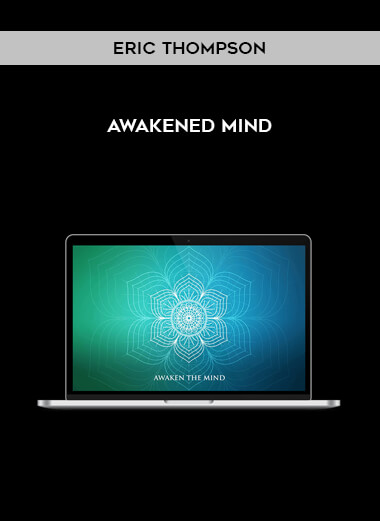

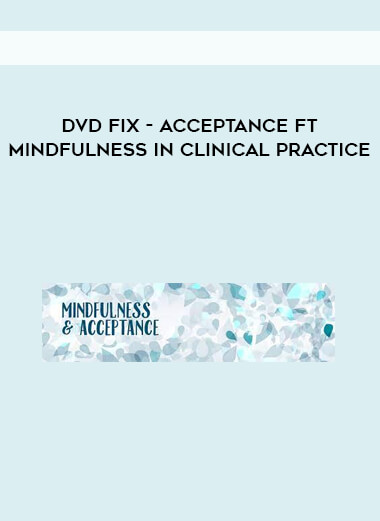
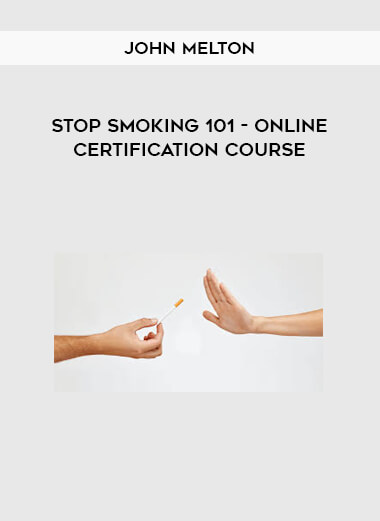
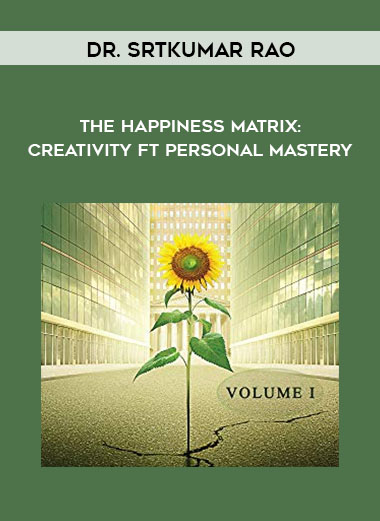
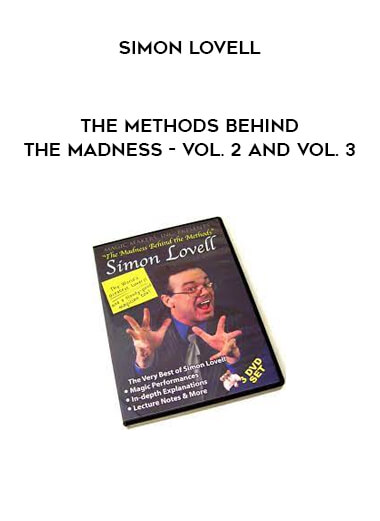





















Reviews
There are no reviews yet.